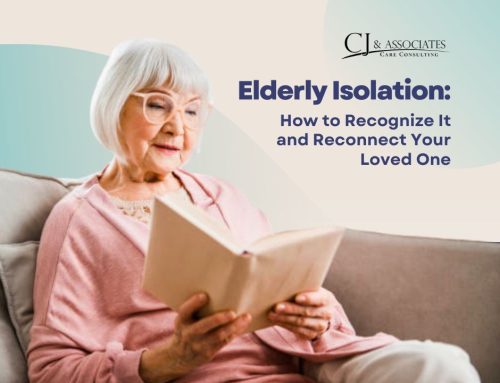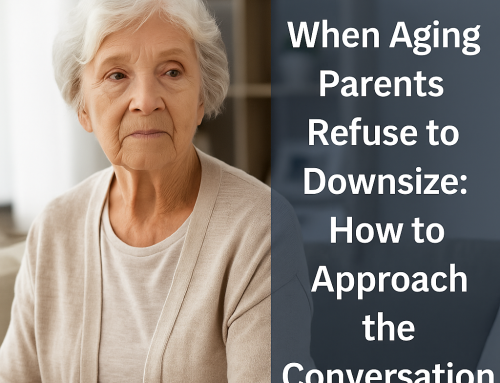As we age, preparing our affairs for the future becomes more than a prudent choice — it becomes an act of care for ourselves and for our loved ones. For seniors and their families, \early conversations about estate planning are vital. They give clarity, reduce stress, and ensure that one’s wishes are honored when the time comes.
Why Starting Early Matters
There are two key reasons why estate-planning discussions should begin before a crisis: capacity and clarity. First, legal capacity is essential. Once someone becomes incapacitated — physically or cognitively — they may no longer be able to make or update important documents like a will, power of attorney, or healthcare directive. Thrift McLemore+2Donohue, O’Connell & Riley+2
Second, without clear communication, families may face confusion or conflict. Studies show that many adults age 65+ still have not discussed their end-of-life or estate-planning wishes with their children. Pew Research Center+2HWK Law Group – Peace of mind planning+2
What Conversations Should Cover
- Discuss wishes for asset distribution (Who gets what? Are there heirlooms? What about real estate or business interests?) Hellmuth & Johnson+1
- Review whether key legal documents are in place: a Last Will & Testament, Durable Power of Attorney (financial), Advance Healthcare Directive/Healthcare Proxy. Donohue, O’Connell & Riley+1
- Explore long-term care and aging needs — mobility, health changes, assisted living, and how care costs might affect assets. Donohue, O’Connell & Riley
- Decide who will manage decision-making if the senior becomes unable to do so — both financially and medically. plantogetherlaw.com+1
- Choose a good time and setting: a calm environment, perhaps over a meal, so the topic isn’t rushed or loaded with crisis. Thrift McLemore+1
Benefits of Starting Sooner
- Allows one to act while full capacity remains, so decisions reflect true wishes.
- Reduces the chances of costly court interventions or guardianship battles. Mooney Law+1
- Minimizes stress for adult children who might otherwise be thrust into decision-making unprepared.
- Provides peace of mind — knowing that wishes are documented and families understand them. HWK Law Group – Peace of mind planning
- Helps protect assets from being depleted by long-term care or mismanagement if not planned. Donohue, O’Connell & Riley
How Families Can Get Started
- Set a quiet time with your loved one. Begin with your own planning to open the topic naturally. Thrift McLemore
- Ask open questions: “Have you reviewed your will recently?” or “Do you know where your documents are?”
- Gather documents and make a list of advisors (attorney, accountant, financial advisor).
- If needed, bring in a professional — an elder-law attorney or estate-planning specialist — to guide the process.
- Review and update the plan periodically — after major life events (marriage, divorce, asset changes, health changes).
At CJ & Associates Care Consulting, we believe these conversations are about kindness, preparation, and clarity. They don’t have to be uncomfortable — when handled thoughtfully, they become an act of dignity and care.






